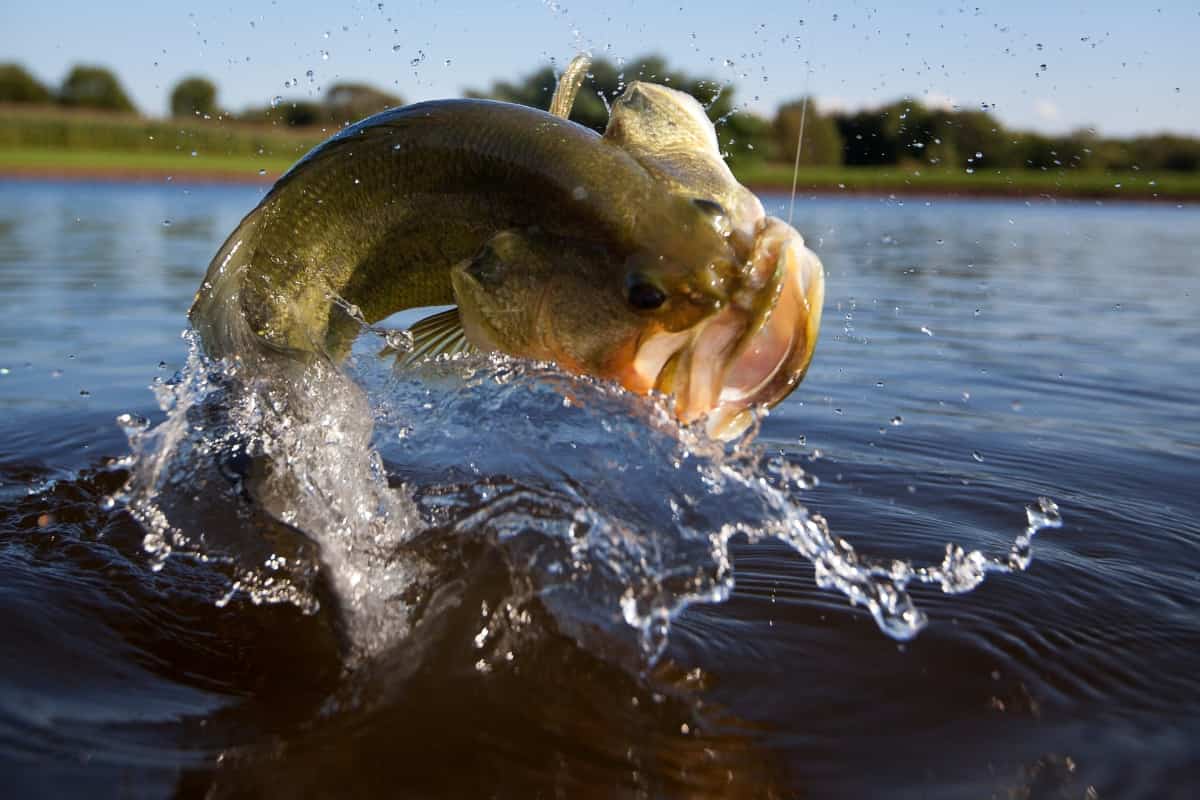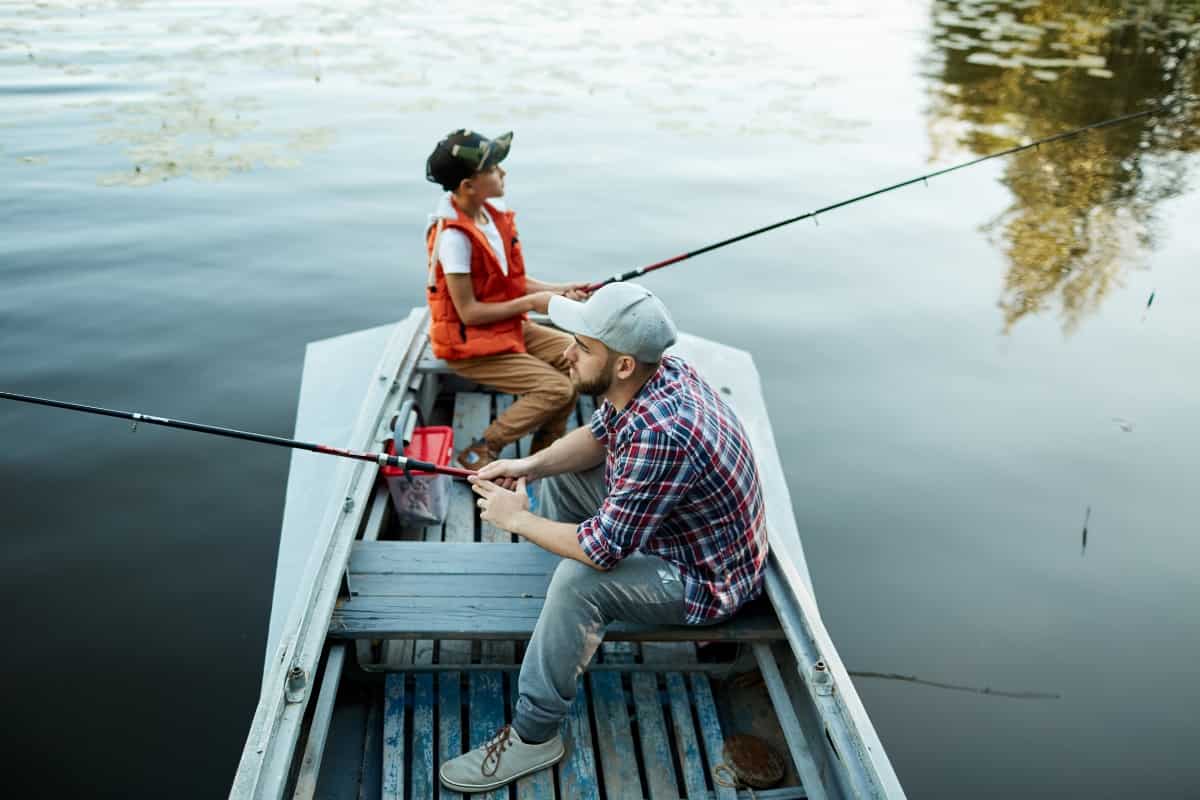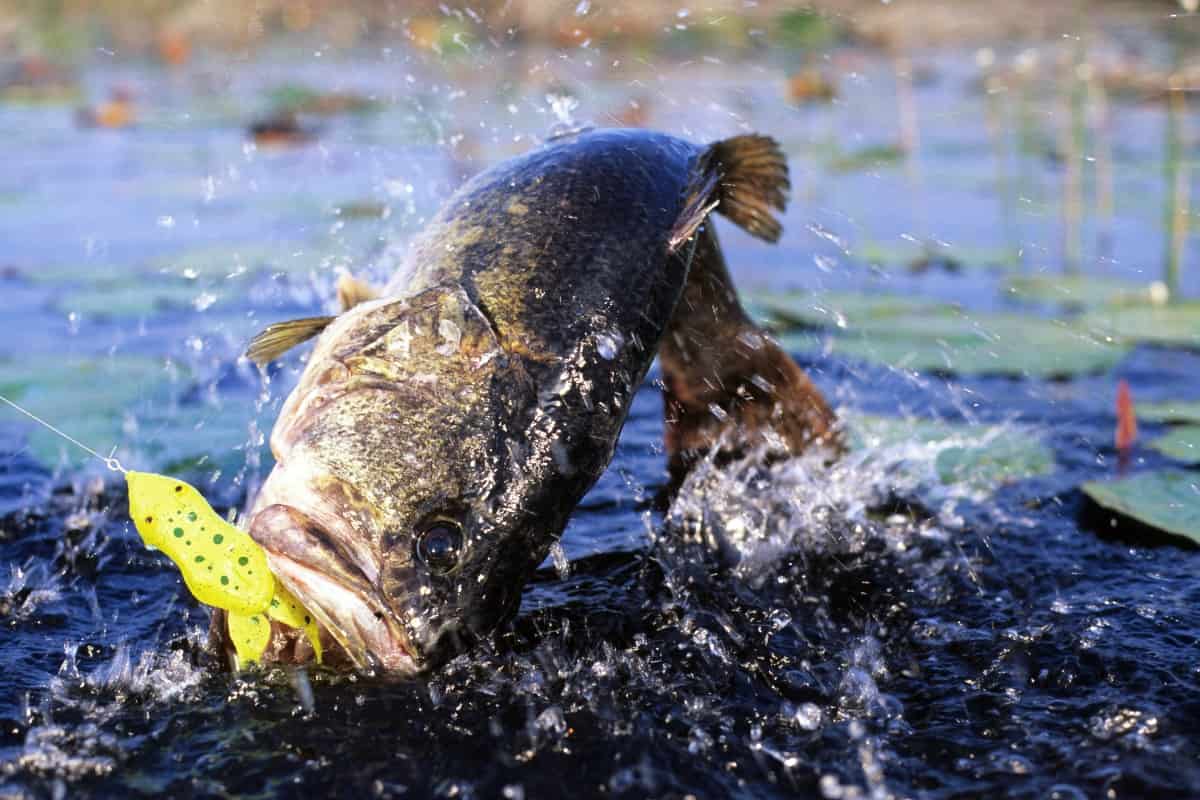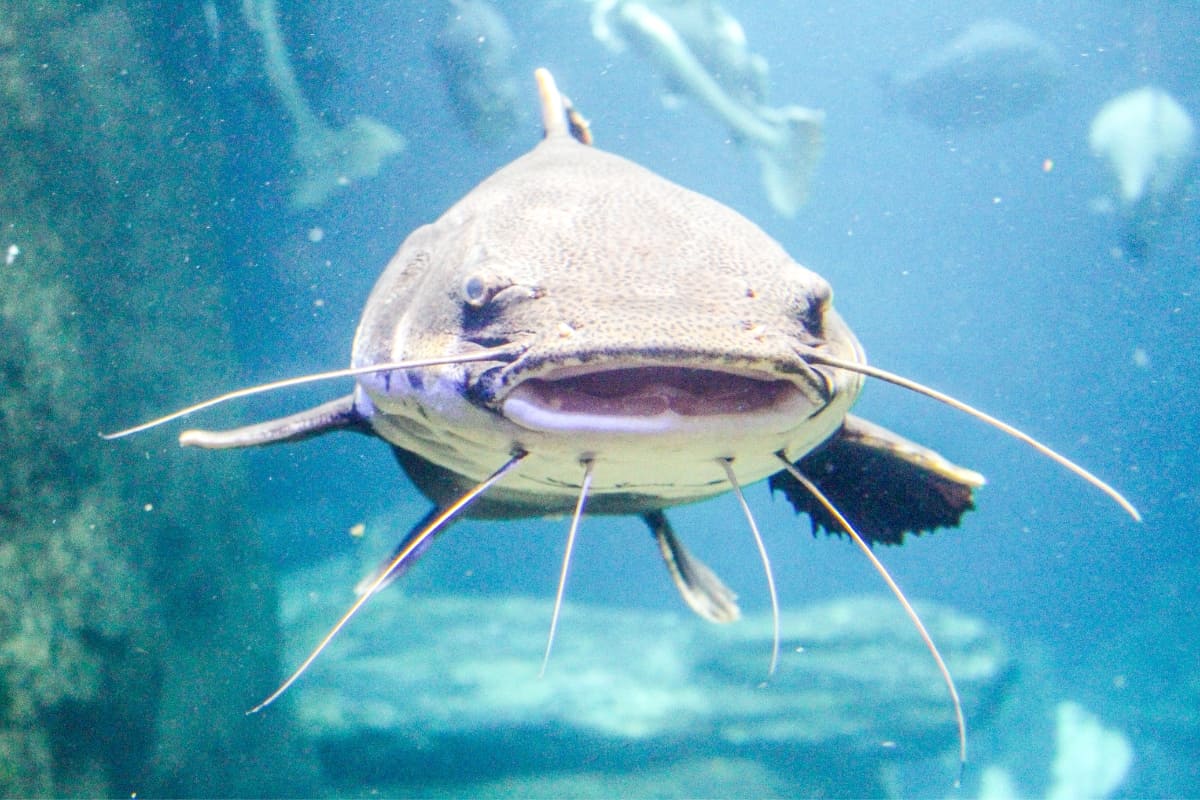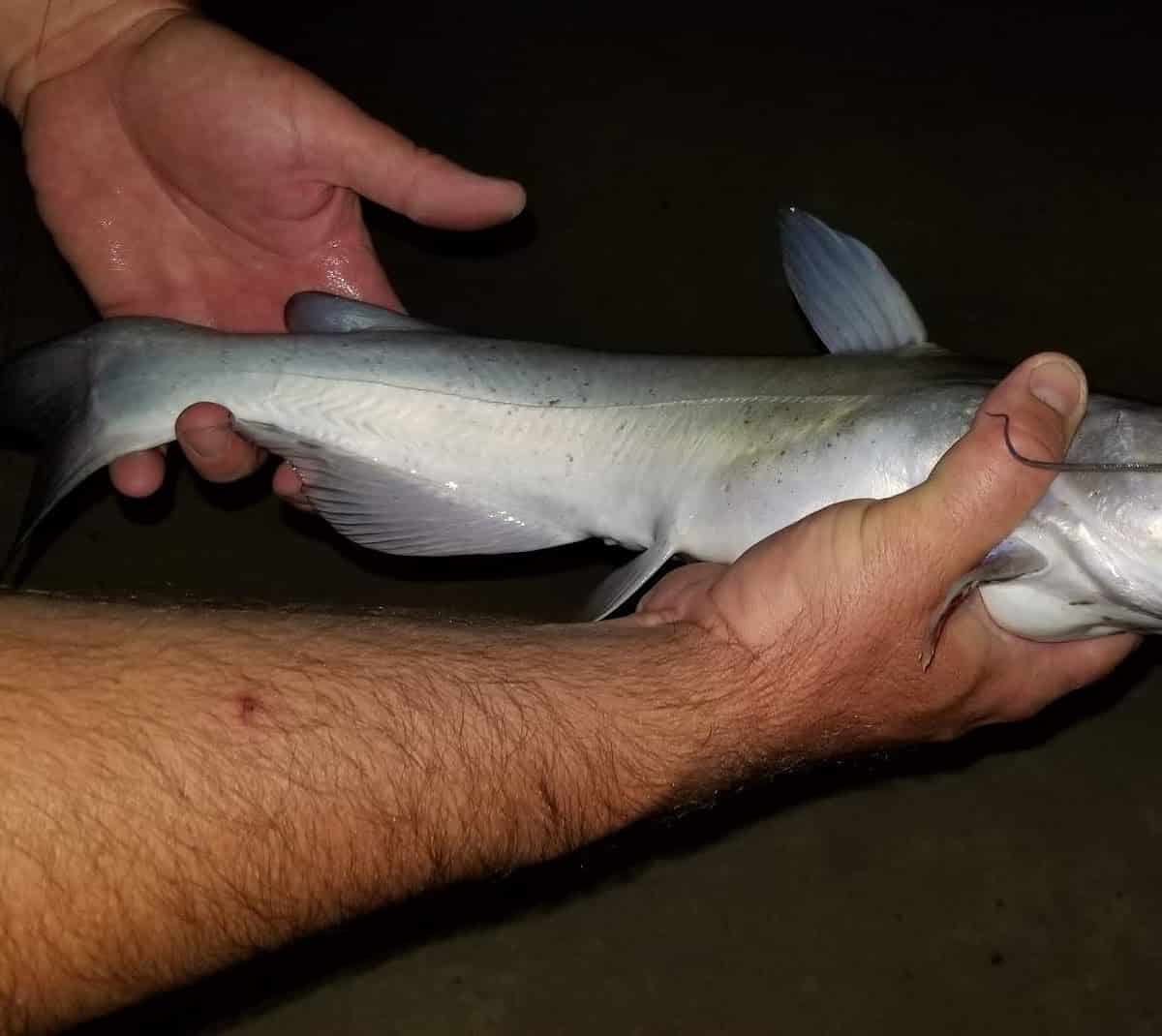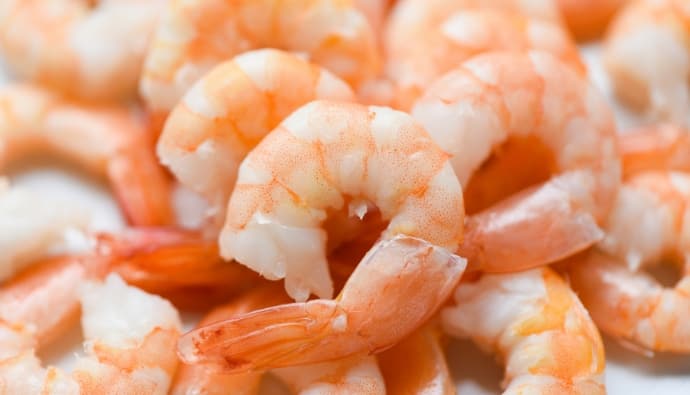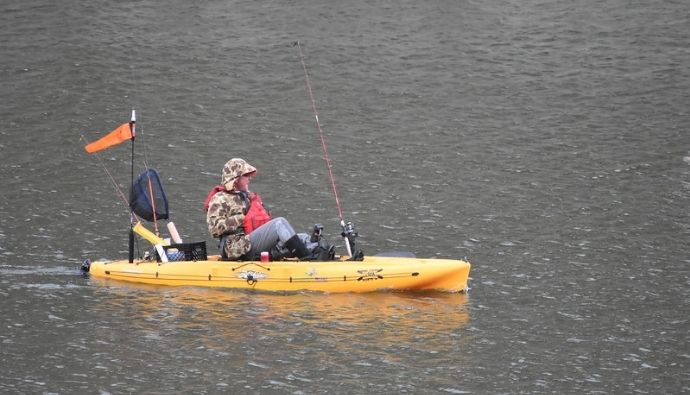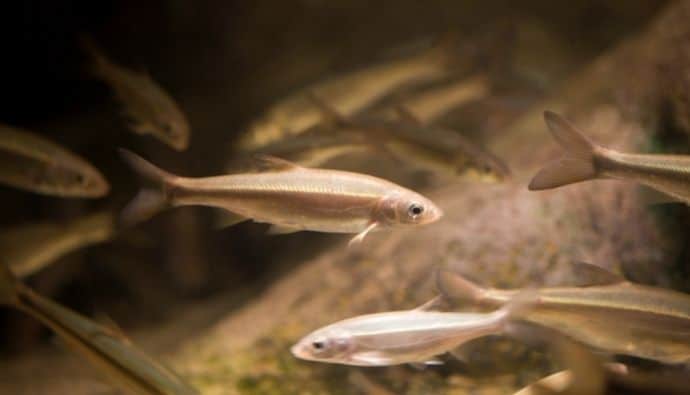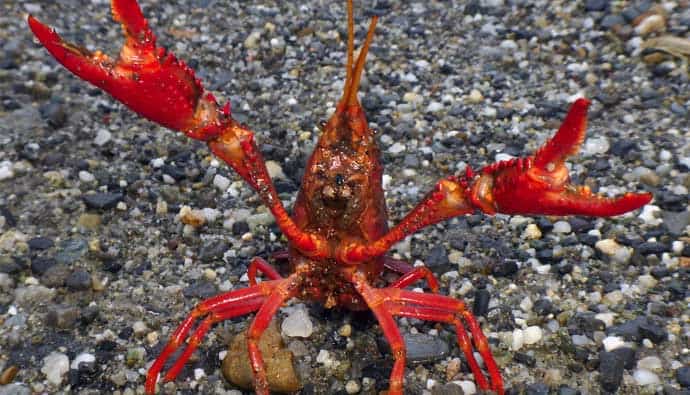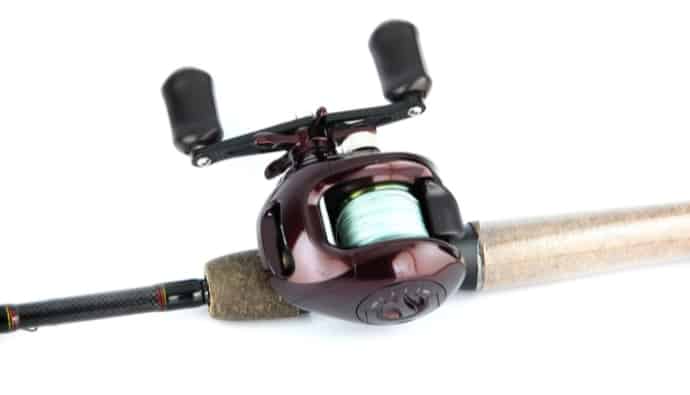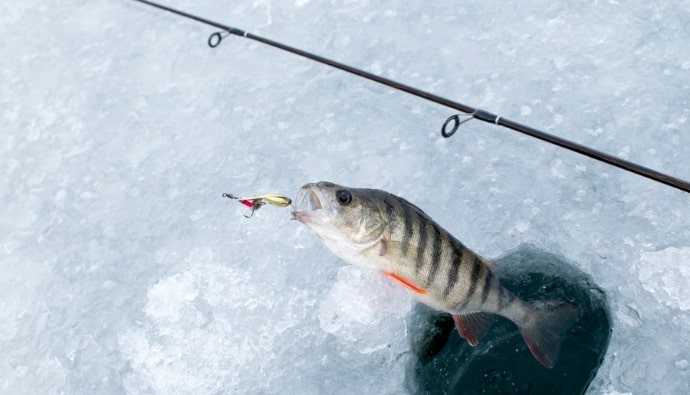Fishing ponds can be found in every part of the world.
These ponds can be man-made or natural. Ponds can be home to a wide variety of pond-dwelling fish, from spotted bass, bream, blue catfish, pangasius, largemouth bass, perch, sunfish, and more.
How to fish in a pond will depend on the following:
- size of the pond
- type of pond fish known to inhabit it
- structure in and around the pond
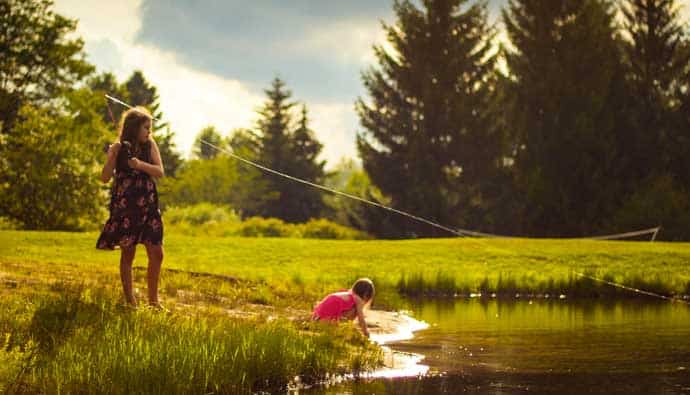
Many ponds are specially designated for fish such as catfish, carp, or tilapia. In these ponds, under a controlled environment, these fish can grow to enormous sizes.
In this article, I am going to cover exactly what a good pond is, how to fish them, how to know if a pond is a good candidate for quality fishing, and much more,
Get ready for some of the top pond fishing tips! Bring your rod and reel!
Understanding Ponds
A pond can be a naturally occurring body of water or man-made. Ponds are much like lakes but on a smaller scale.
The same types of cover can be found around ponds as found in lakes. These can be fallen trees, grass, weed lines, or docks and piers.

A small pond can quite literally take care of itself and have its own ecosystem. If left to their own devices, pond fish can be some of the largest. This is because, in most cases, they have everything they need.
The nature of some local ponds can lead to the fish being stunted, particularly if fish like bullheads, green sunfish, or some cichlids can become overpopulated.
Where Ponds are Located
Most ponds can be found around areas that have been stripped for coal or minerals (even sand). These ponds are known as sediment ponds. These are often used to help control the washing and movement of dirt and runoff from strip mine operations.
Don’t let the fact that these are called sediment and runoff ponds fool you. These ponds can be home to some pretty nice fish.
How do the fish get into ponds?
This is a question I have been asked many times. The simple answer is birds.
If these ponds are not “stocked” with fish yet have fish in them, you can just about bet birds had something to do with it.

When birds land in and around bodies of water that have fish, they pick up eggs on their feet. When these same birds land in another body of water, the eggs come off and hatch. This populates that pond.
A recent study found that some fish eggs can survive passage through duck digestive systems. These eggs are taken in consuming aquatic vegetation, and then go through the tract until they are deposited in a body of water, then hatch and grow.
Many farmers have ponds dug in pastures to water livestock. These ponds are often stocked in the same way as the strip mines ponds.
Some of the best fishing I have ever done has been in cow pasture ponds. You quite literally never know what you may catch. There is even the occasional snapping turtle.
Stocked Fish Ponds
“Pay Ponds” are also a good place to fish when you want to go out and catch fresh fish for dinner or a fish fry.
These ponds are often stocked with catfish or trout and even carp. The catfish in these ponds are fed on a regular basis and sometimes grow to very large sizes.
To fish in a pay pond, you usually pay the pond owner so much per day of fishing or so much per pound of fish caught.
Many times I have been fishing in these types of ponds and caught a bream, or even a largemouth bass Enter our friend the bird again who has unknowingly stocked this catfish pond with bream and bass.
Invasive Pond Fish
Catfish pond owners do not like the introduction of foreign fish into their ponds. This threatens the population when the pond is restocked.

To combat this, catfish pond owners use a method called seining. This method involves using a large net that can be dragged along the bottom to catch these undesirable fish and remove them.
Pond Depth
Most ponds can be shallow, as low as 5-6 feet, or quite deep from 10-30 feet deep or more. The deeper ponds are typically found around strip mines.
Pond water levels are kept full by underground aquifers or adjacent water sources such as a spring or well. This keeps the water fresh and oxygenated.
How to Know If a Pond Is Good for Fish?
Note: It is important to speak with the landowner to get written permission before attempting to fish a pond you are not familiar with.
Ponds can tell you a lot about themselves just on initial appearance. If the pond is pretty clear, that is a sign it is being well-fed by a freshwater source such as a spring. This means the fish in this pond will most often be quite healthy.
Catfishing Ponds
If a pond is muddy in appearance, this can mean a couple of things. One is quite a bit of rain that can move clay or other particles in and around the pond.
The second thing that can cause a pond to be muddy is catfish, carp, or other scavenger-feeding behavior. Since some fish are bottom feeders, they are constantly stirring up the bottom of the pond. This is also true in heavily stocked catfish ponds where there can be almost a volume of fish than water in a pond.
Catfishing ponds are the best place to fish for the best freshwater fish to eat.
Bass Fishing Ponds
Ponds that have fallen trees and grassy shorelines can be prime bass fishing areas. Some of the largest bass ever taken have been caught in ponds.
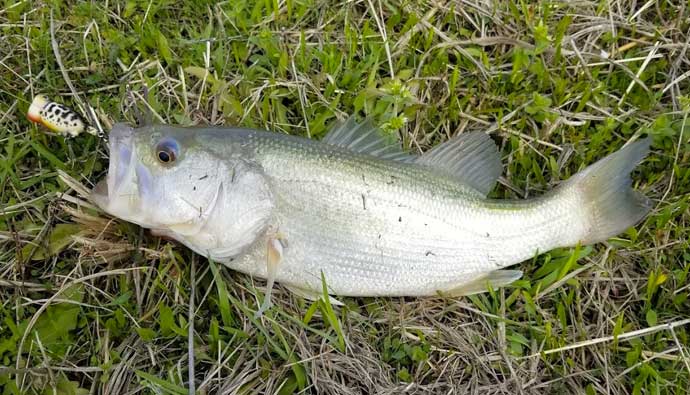
Pond owners sometimes build piers, shade structures, or docks out into the pond for fishing. Around these piers can also be prime largemouth bass fishing areas.
Ponds, even small ponds, may also have a natural dam attached. These are also good places to check out when pond fishing. Typically this is the deepest water in the pond and can be home to some pretty large fish hanging in the shade or cooler water temperatures.
Difficult to Reach Ponds
I have found that ponds that are the most difficult to get to or access are the ones that hold the big fish.
There is a good chance these ponds have not been fished as often, and this allows the fish to get up to, in some cases, trophy size.
Large Fishing Ponds
Larger ponds that allow access with a boat are a good choice. A flat-bottom boat or a fishing canoe/kayak is recommended for ponds. There is no certainty as to what may be under the water in shallow spots and or depth of a pond.
Being able to get in the pond and navigate the banks, fallen trees, and piers often offers a big advantage to bank or shore fishing.
Often, you can simply take a few minutes to watch the pond. If there are bass in there, they will usually jump, or you can see active water or bait being pushed on the surface.
Types of Baits to Use When Pond Fishing
Just about every angler at some point has been to a pond with just a cane rod, line, hook, and can of worms.
Most have been productive with that simple setup. However, people can get quite creative when pond fishing and deciding on bait to use.
Worms
There is hardly an angler alive who has not used the trusty earthworm. This is cheap bait if you purchase it and free if you dig them up.
Worms have long been the go-to when pond fishing. Whether it is bream, bass, or catfish, they will bite worms.
Nightcrawlers are the usual worm of choice for many fishermen. This is because they seem to stay on a hook better than most.
Artificial Baits
There are many artificial baits and artificial lures that work well in ponds, however, you have to be careful here. Depending on how large the pond is you are fishing can make a difference in the type of artificial bait you use.
Fish in a small pond are not used to seeing a vast array of baitfish or food sources. Most of these fish feed on smaller fish, bugs, and frogs.
Extravagant baits or baits that are too flashy or very erratic in movement can actually spook pond fish and keep them from biting.
The best options here are soft plastics such as stick baits or soft swimbaits, or floating frogs. Color must closely mimic the water’s color and structure around, in, or under the pond.
Topwater baits or plugs such as hula poppers are also a good choice for ponds. If there is a bass in there, you will more than likely know it after a few casts.
A weightless plastic worm worked over the top of floating vegetation can be amazingly effective as well.
These artificial baits work best in the early morning or evening.
Liver, Cut Bait, Hotdogs, and Cheese
Yes! Weiners and cheese make great catfishing baits.
These baits are primarily directed at catfishing, though bream, bluegill, and sunfish will almost always bite weiners or cheese.

In some cases, bream or bluegill can be caught and used as cut bait or whole when catfishing depending on the size of the bream. When used live (typically under a bobber), bluegill and sunfish make excellent bait for large bass also, in areas where this is legal.
The liver has long been a go-to bait for catfishing. The liver can be cheaply purchased at just about any grocery store.
Rooster liver is recommended because it is tougher and stays on the hook better.
Fishing Tackle
In most cases, a standard rod and reel will be perfect for small pond fishing. Sometimes you will come across trees with low-hanging limbs, so a long rod might not be a good idea.
If you are pond fishing in a pond known to hold large catfish, a catfish reel and rod would be a good choice.
Many catfish in these ponds are more than capable of stripping a standard reel and breaking poles like toothpicks.
Pond Fishing Techniques
When pond fishing, you will need to deviate slightly from your normal way of fishing. Because of the smaller habitat these fish live in, they have become, to a degree, lazy, while possibly also being very predator-shy (including you).
They are not having to fight as hard for a meal because, in a sense, it is already contained in a small area whenever they feel like eating.
Evenings or early morning is the best time to go pond fishing since this is when pond fishes are the most active.
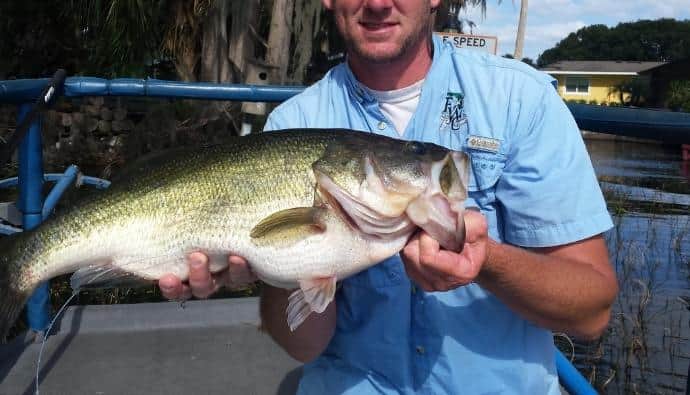
Pond Fishing for Bass
Bass for example, are known to strike out of anger as much as hunger. It is for this reason when bass fishing in ponds, you may have to go through a few lures.
This is because the bass may not be hungry, so you have to aggravate him to produce a strike out of anger.
Early summer or late spring is the best time to go fishing for bass.
Other Pond Fishing Tips
When fishing for bream, you have a couple of options. You can either use a slow retrieve method or you can use a bobber and bait.
Artificial and natural baits can often both be used with success, as long as small hooks are involved. Where legal, chumming with small pieces of bread can get the sunfish or bluegill in the mood to eat almost anything!
Either of these will produce results when bream fishing. They are among the easiest fish in a small pond to catch on just about anything.
When catfishing, still bait works best. Make sure you cast and allow the bait to sit on the bottom. Then when the line starts to move let the catfish take it away and he will more often than not hook himself.
In a pond, the fish may not be where you are. Move locations and try different areas if you haven’t had a bite in a while.
Another method for catfishing, although if there is a turtle around this will draw them up, it to use a bobber and suspended bait. If the pond has a large population of crayfish, bobbers can help mitigate this nuisance.
Once the bobber goes under, he is hooked, so make sure you set it if not using a circle hook.
Aim to fish in the early morning or evening. This is when the fish are most active.
Frequently Asked Questions
When it comes to pond fishing for bass, lifelike is king. We have found in most cases. Soft plastics get the best results.
There are pay ponds where you pay per pound or day. There are privately-owned ponds that the owners give permission to fish in. There are ponds owned by coal companies and/or land reclamation companies that often write permits to fish in.
No. However, make sure you’ve gotten written permission before fishing in a privately owned pond.




 Facebook
Facebook YouTube
YouTube